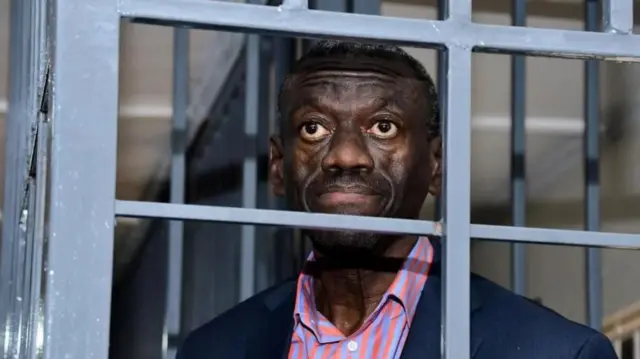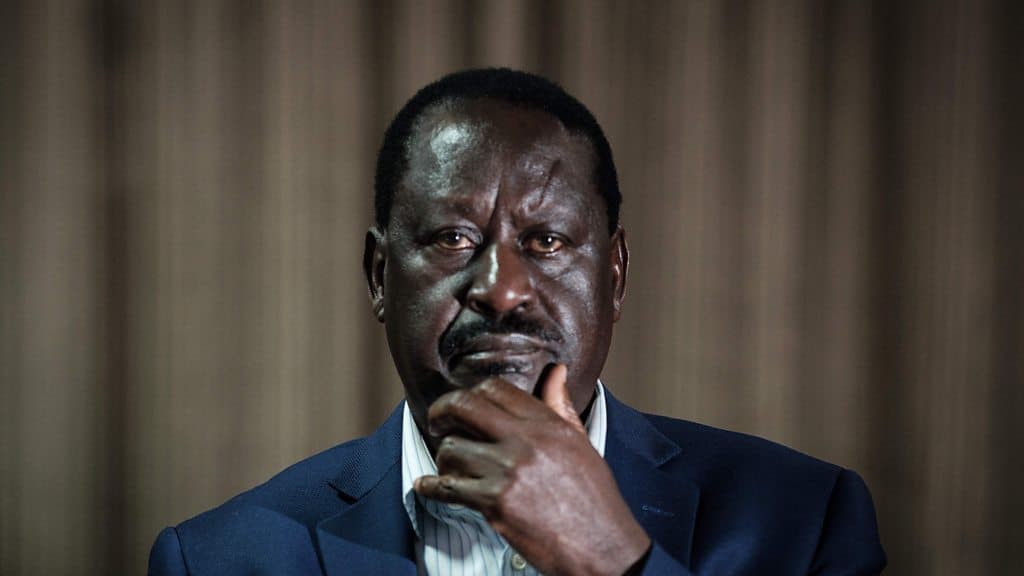German Chancellor Olaf Scholz who sought a vote of confidence in the lower house of Parliament, the Bundestag, on Monday December 16, has lost it,triggering an early general election.
Scholz's three-way center-left government broke apart on November 6, paving the way for an early federal election expected on February 23, 2025.
Early elections have been extremely rare in Germany, but they are a vital democratic measure. They are regulated by the German constitution and require the approval of several constitutional bodies, not least of the head of state, the president.
According to the German constitution, a decision to hold an early federal election cannot be made by the members of the Bundestag, nor by the chancellor. An early dissolution of parliament can only come about in one of two ways.
In the first case, if a candidate for chancellor does not win an absolute parliamentary majority — at least 367 votes in the 733-seat Bundestag — the German president can dissolve the parliament. This has never happened in the history of the Federal Republic of Germany.
In the second case, a chancellor can call for a vote of confidence in the Bundestag to confirm whether he or she still has sufficient parliamentary support. If the chancellor fails to win a majority, he or she can formally ask the president to dissolve the Bundestag within 21 days.
Following the dissolution of parliament, an election must be held within 60 days. They are organized in the same way as normal general elections, with the federal returning officer and the Federal Interior Ministry responsible for their implementation.
The coalition government, which included the Greens, experienced a breakdown in early November. Dissolution was the result of continued disagreements, especially regarding fiscal policies.
Lindner and his party, the FDP, expressed reluctance to provide aid to Ukraine and extend lending to stimulate the ailing German economy. The dispute escalated with mutual accusations of breach of trust between the alliance partners.
The political upheaval comes at a critical juncture for Germany, Europe's largest economy. The country has been facing economic stagnation and competitive challenges for a long time. Adding to these problems, the possible return of Donald Trump to the United States could worsen the situation.
His presidency could pose additional challenges for Germany, with a reduction in US support for Ukraine and the possibility of new tariffs. These tariffs could adversely affect German exporters, adding another layer of complexity to the country's economic outlook.







